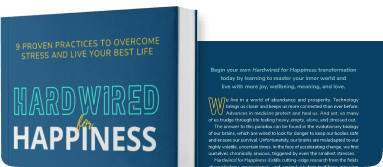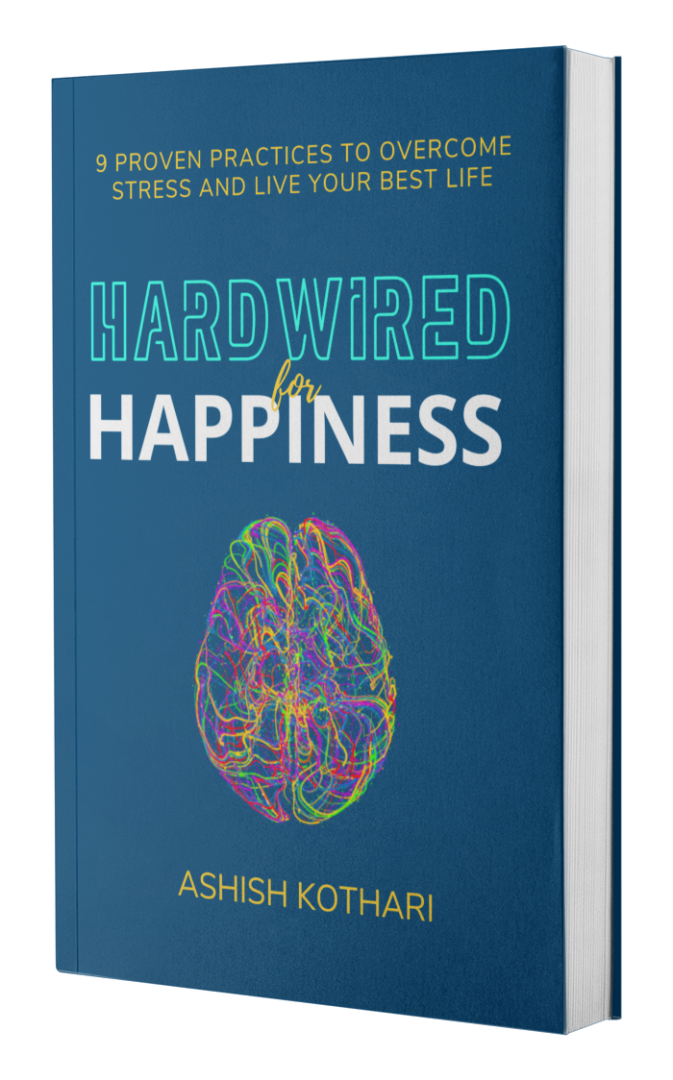The Question That Changes Everything: How Compassion and Small Moves Unlock Happiness at Work

What if I told you that a single question could transform the way your team connects, collaborates, and flourishes?
In a recent episode of the Happiness Squad Podcast, I had the profound honor of hosting two luminaries in the field of flourishing: Dr. Jane Dutton and Dr. Monica Worline, co-authors of Awakening Compassion at Work. Our conversation left me deeply moved—and more importantly, it left me with practices I couldn’t wait to apply with my own team.
This wasn’t just theory. It was a masterclass in work wellbeing from two individuals who’ve studied and shaped the field of positive organizational scholarship for decades. If you’re a leader, a team member, or a human being working in a high-demand environment (which, let’s face it, is all of us), what they share is something you need to hear.
Let me take you through the biggest takeaways—told through the lens of the question that changed how I’ll always lead.

“What Gifts Do You Bring to This Community?”
This is the question Monica uses to start every course she teaches. Not “What’s your role?” Not “What’s your background?” But:
“What gifts do you bring to this community that you want to share?”
Sit with that for a moment. Imagine kicking off a team meeting with that question—especially in a setting where there’s uncertainty, like a merger or project kickoff.
When Monica shared it, something clicked for me. I’ve facilitated teams through integration efforts filled with stress, fear, and friction. We tend to enter those rooms hyper-focused on differences—“you do it that way, we do it this way.” But this question shifts the frame. It immediately signals belonging, contribution, and shared purpose.
I plan to start every team session with that question now. And if you lead teams or guide groups, I invite you to do the same.
As Jane explained, this question isn’t just nice—it’s resource-generating. It activates what she and Monica call the contribution mindset, and it’s backed by research Jane conducted alongside Adam Grant, Professor of Management and Psychology, The Wharton School.
“When people see themselves as contributors, not just recipients, their motivation and behavior fundamentally shift.” – Jane Dutton
In a world where employees are burned out and struggling to feel connected, this matters more than ever.
The Flourishing Triangle: A Compass for Work Wellbeing
Jane’s research gave us a powerful visual model I now carry with me everywhere: the Flourishing Triangle.
It has three sides:
- Positive Connections
- Positive Meaning
- Positive Emotions

When these three conditions are present, people thrive—not just at home, but at work.
Let’s break it down:
- Positive connections aren’t just about long-term relationships. Even a moment of eye contact, a smile, or remembering something personal about a colleague can change the emotional climate of a team.
- Positive meaning is about how we interpret our role, our tasks, and the organization itself. Do we see ourselves as doing something significant? Do we feel valued?
- Positive emotions—joy, awe, gratitude—are often seen as “nice-to-haves” in business. But they are actually performance multipliers. As Jane noted, they are essential for creativity, resilience, and long-term energy.
If you’re a manager, imagine what your team could do if you created routines that cultivate all three.
Awakening Compassion at Work: More Than Just Kindness
When Monica and Jane talk about compassion at work, they don’t mean holding hands or hugging your coworkers (although hugs are great, too).
They define compassion as noticing suffering and taking action to alleviate it.
And make no mistake: there is suffering in every workplace. Even high-performing organizations are laden with invisible burdens—burnout, anxiety, caregiving stress, financial hardship, disconnection.
“It is impossible for people to leave their suffering at the door of work, even though professional norms preach that,” Monica said. “Awakening compassion means realizing that whole human beings come to work—and responding accordingly.”
What moved me most is that this isn’t about sugarcoating reality or pretending everything is okay. It’s about building the capacity within teams and organizations to face what’s hard—with courage, care, and connection.
Jane shared how they studied this process deeply over a decade—not just at the individual level, but systemically. Their work explores how organizations can build structures, rituals, and norms that make it easier to notice, interpret, and respond to suffering.
This isn’t about telling everyone to “be nice.” It’s about embedding compassion into roles, processes, and systems. Try this challenge they offer in their workshops:
Ask each team member to rewrite their job description to include the word “compassion.”
Imagine what shifts when a designer sees part of their role as “compassionate listening,” or a manager sees their job as “creating compassionate containers for performance.”
Small Moves, Big Impact
One of my favorite moments in the podcast was when Monica offered a counter to one of the biggest objections we hear in workplace wellbeing work:
“But Ashish, we don’t have time for all this.”
Her response?
“Small moves matter.”

A deep breath. Eye contact. A gentle hand on someone’s shoulder. A moment of genuine curiosity.
These micro-moves may seem small, but they’re seismic. They change the emotional climate. They make it safe to show up. They rewire teams to trust, share, and co-create.
This is a truth we live every day in Happiness Squad’s REWIRE Program—where we use micro-practices to help people integrate happiness and resilience into everyday moments. Because let’s be honest: transformation doesn’t come from what you do once. It comes from what you repeat.
Start with Micro-Communities
Jane added a brilliant dimension to this: don’t try to transform your entire organization overnight. Start with a micro-community.
Create a team that radiates positive emotion, meaning, and connection. That energy is contagious. People will lean in. They’ll want to be part of it. Culture, after all, spreads through behavior, not declarations.
As Jane said, “If you really do start a micro-community that flourishes, it becomes a heliotropic force. It gives off light.”
This reminded me that in a world that often feels heavy and complex, the path to workplace transformation is actually simple:
- Start small.
- Show compassion.
- Cultivate meaning.
Celebrate joy.
This Is the Future of Work Wellbeing
As we wrapped up the conversation, I felt so deeply affirmed in our mission at Happiness Squad.
What Jane and Monica brought to light is exactly what we mean when we say “make happiness your competitive edge.”
Happiness isn’t about comfort or luxury.
Flourishing isn’t about being cheerful all the time.
And compassion isn’t about softness.
These are the capabilities we need to thrive in uncertainty, create resilient teams, and build organizations that last.
So here’s your invitation.
Start your next team meeting with the gift question.
Try a small move of compassion this week.
Rewrite your job description with “compassion” in it.
Create a micro-community where flourishing is the norm.
And let us know what shifts.
Because the moment we awaken to who we really are—and who we can be for each other—we don’t just survive the challenges of work.
We transform them.
Want to go deeper?
- Grab a copy of Awakening Compassion at Work by Jane Dutton and Monica Worline.
- Explore the Flourishing Triangle and Reflected Best Self Exercise.
- Grab a copy of Hardwired for Happiness.
- And check out our REWIRE Program at www.happinesssquad.com to build your own daily flourishing practice.
Together, let’s REWIRE for HAPPINESS.
Learn more about Jane and Monica on Linkedin.
Listen to part 2 of the podcast with Ashish and Julien below.
Access and subscribe to all of the episodes of the Flourishing Edge Podcast here.
Visit the REWIRE Program powered up by the HAPPINESS SQUAD Community and experience your shift within your 30-day risk-free trial today. Cultivate your Self-Awareness, Gratitude, Purpose, Community, and personal growth more through the 9 Hardwired for Happiness practices. Integrate simple and proven micro-practices grounded in the science of happiness and neuroscience of habit formation in 5 minutes a day.
Make Flourishing Your Competitive Edge.


